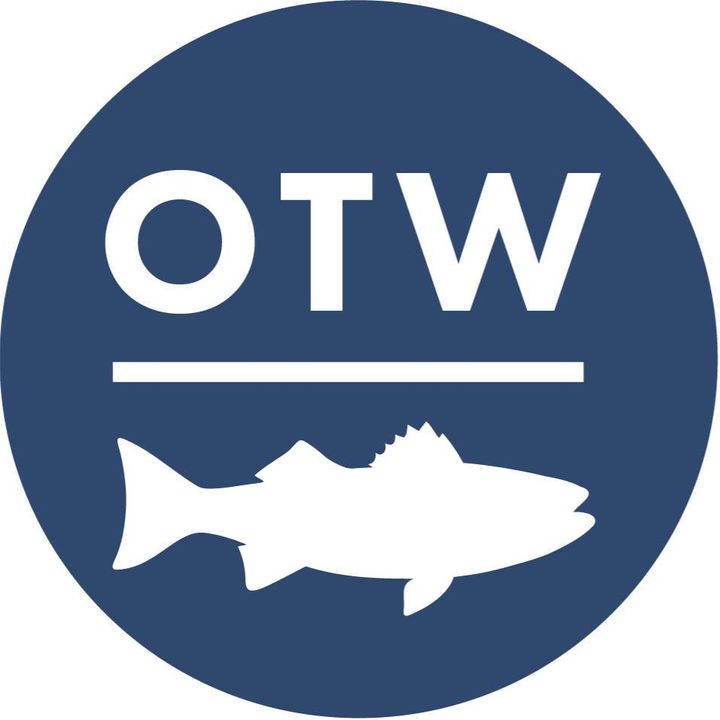



Massachusetts has approved new regulations for false albacore and Atlantic bonito, two increasingly popular species among recreational anglers in southern New England that previously had no size or bag limit restrictions. The Division of Marine Fisheries’ (DMF) is expected to a 16-inch fork length minimum size and a five-fish per person possession limit—applicable to both species combined–for the 2025 season.
The new rules are aimed at protecting the future of these fast-swimming pelagic fish, which have become central to the region’s late summer and fall inshore fishery. DMF’s approach reflects growing concern over the absence of formal stock assessments for both species and the increasing pressure from recreational fishing. The regulations are also intended to constrain the development of targeted commercial fisheries. While some fishermen pointed out in public comments that the new rules are not based on any scientific data showing that regulations are needed, others supported the precautionary approach.

Who’s Affected and Who’s Exempt
The regulations apply broadly to recreational anglers and commercial anglers. However, two commercial sectors are exempt: weir fishers and those using mechanized mackerel jigs. These exemptions reflect the historical bycatch nature of false albacore and bonito in these fisheries, where sorting and releasing live fish would be logistically difficult and potentially harmful.
Why 16 Inches and Five Fish?
The minimum size of 16 inches corresponds with the estimated length at which both false albacore and Atlantic bonito reach maturity. The five-fish possession limit is designed to reflect current recreational harvest levels, ensuring the vast majority of anglers will not be affected while still limiting the potential for overfishing or the expansion of new, targeted commercial efforts.
A Precautionary Path Forward
While these new limits are not part of a larger federal or coastwide management plan, they represent a growing recognition of the need for conservation in rapidly evolving fisheries. Massachusetts is encouraging other states to enact similar regulations.


